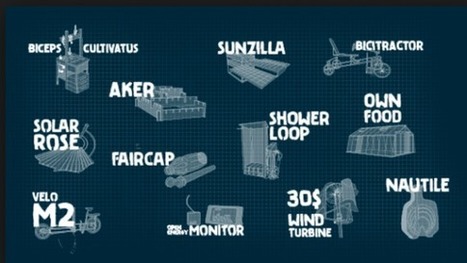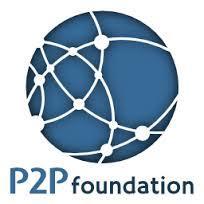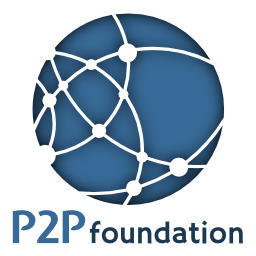During the mid-1980s, a Yugoslavian radio show broadcast computer software live so that listeners could record games and electronic journals onto cassettes.
Research and publish the best content.
Get Started for FREE
Sign up with Facebook Sign up with X
I don't have a Facebook or a X account
Already have an account: Login
on peer-to-peer dynamics in politics, the economy and organizations
Curated by
jean lievens
 Your new post is loading... Your new post is loading...
|
|














